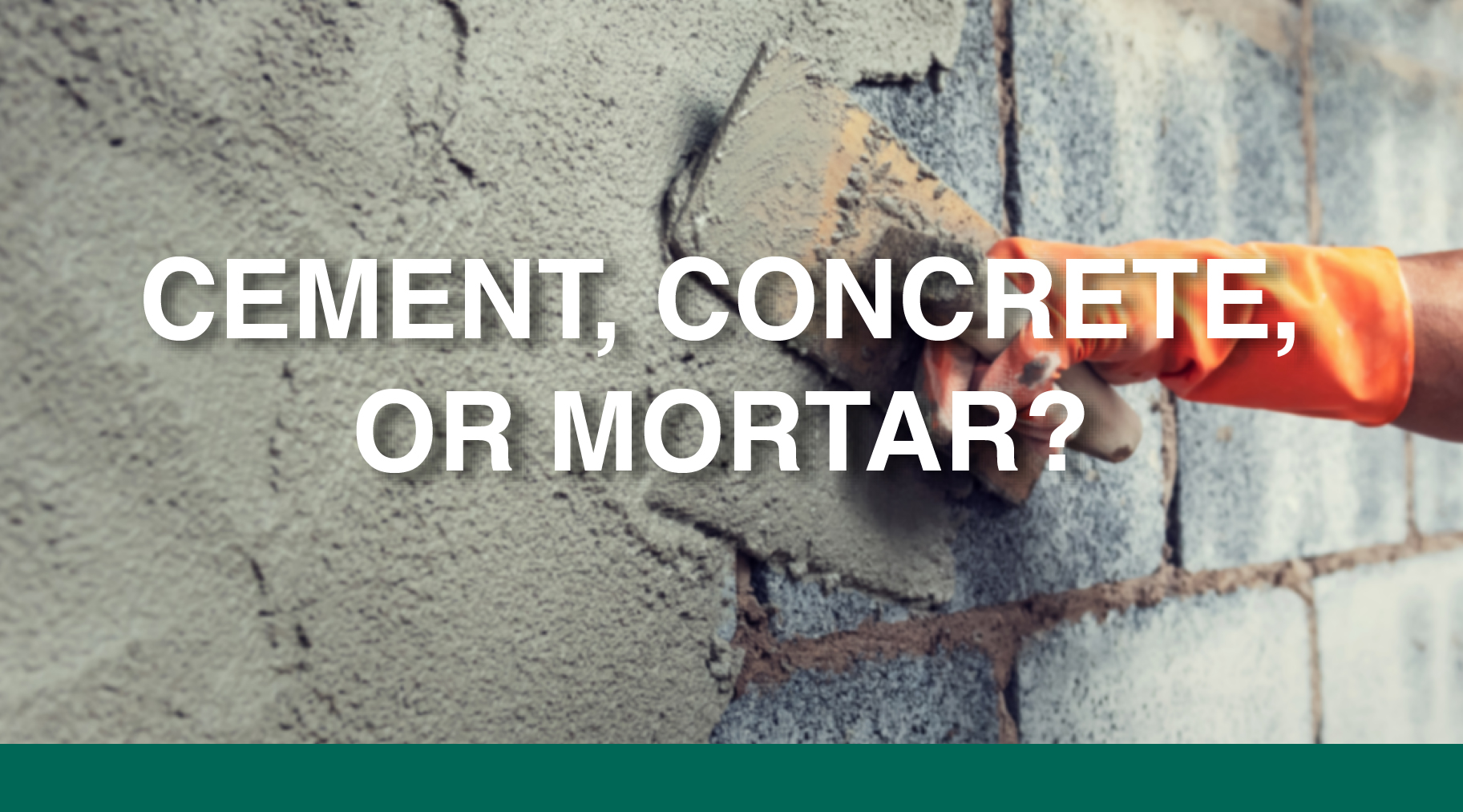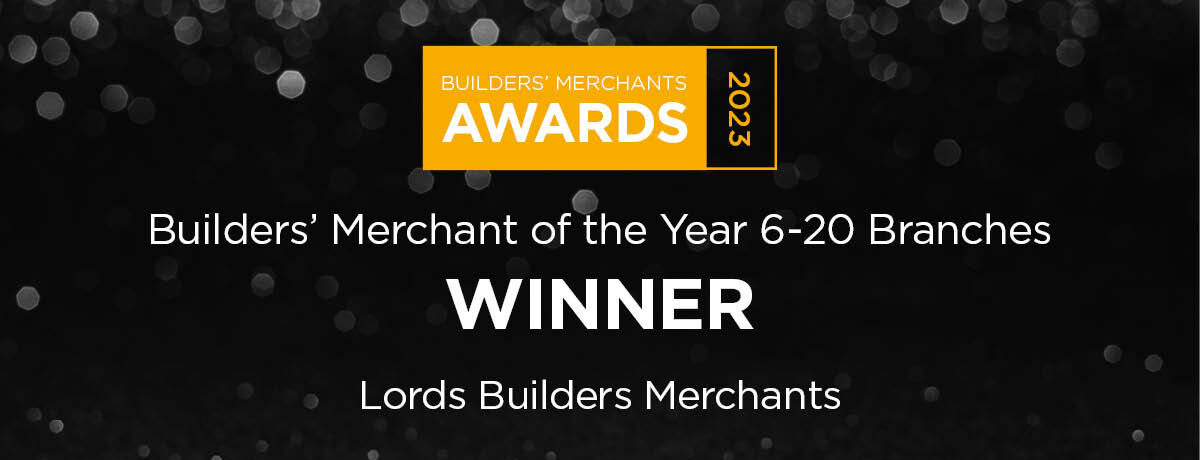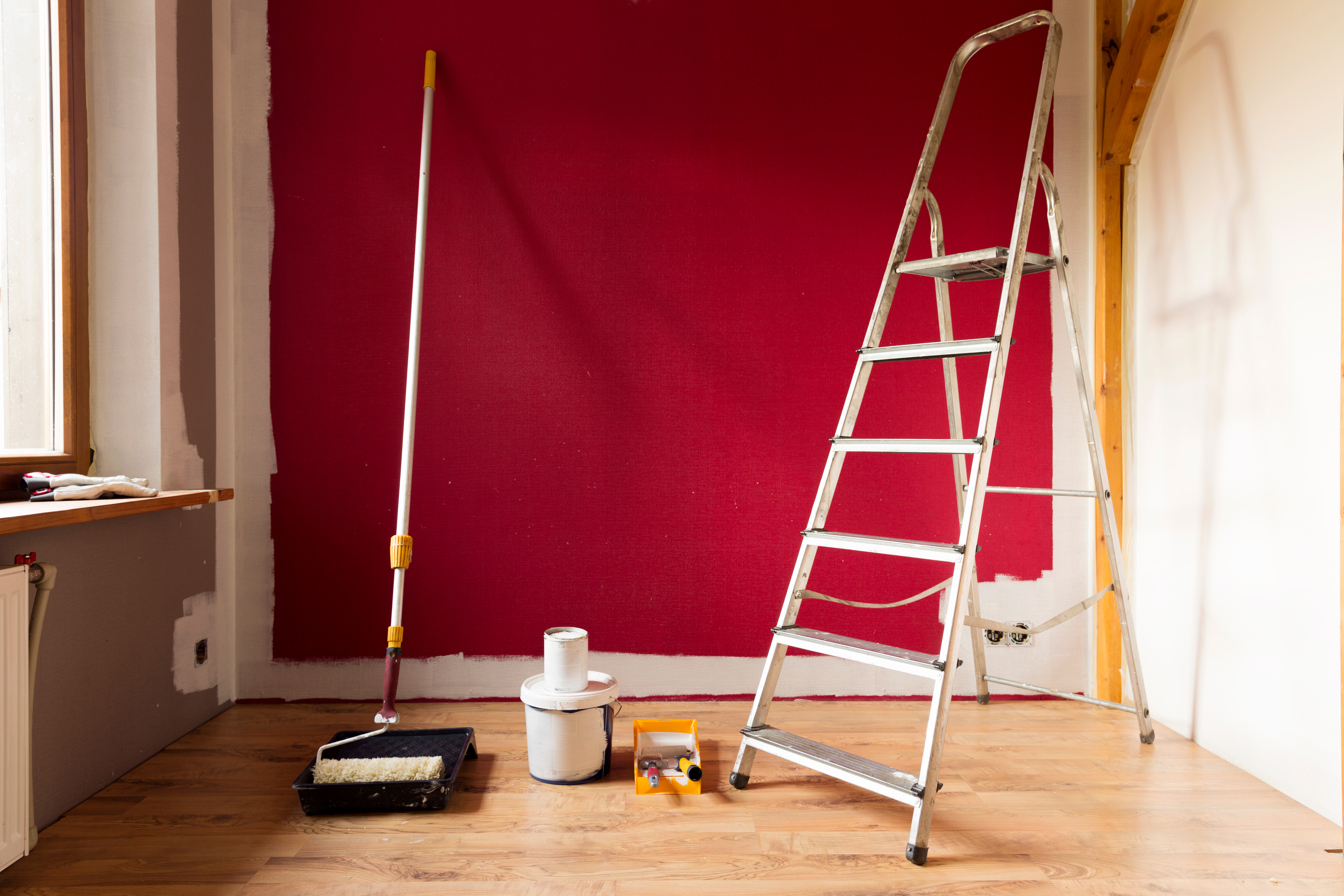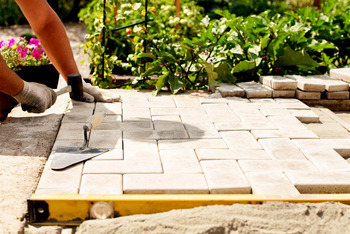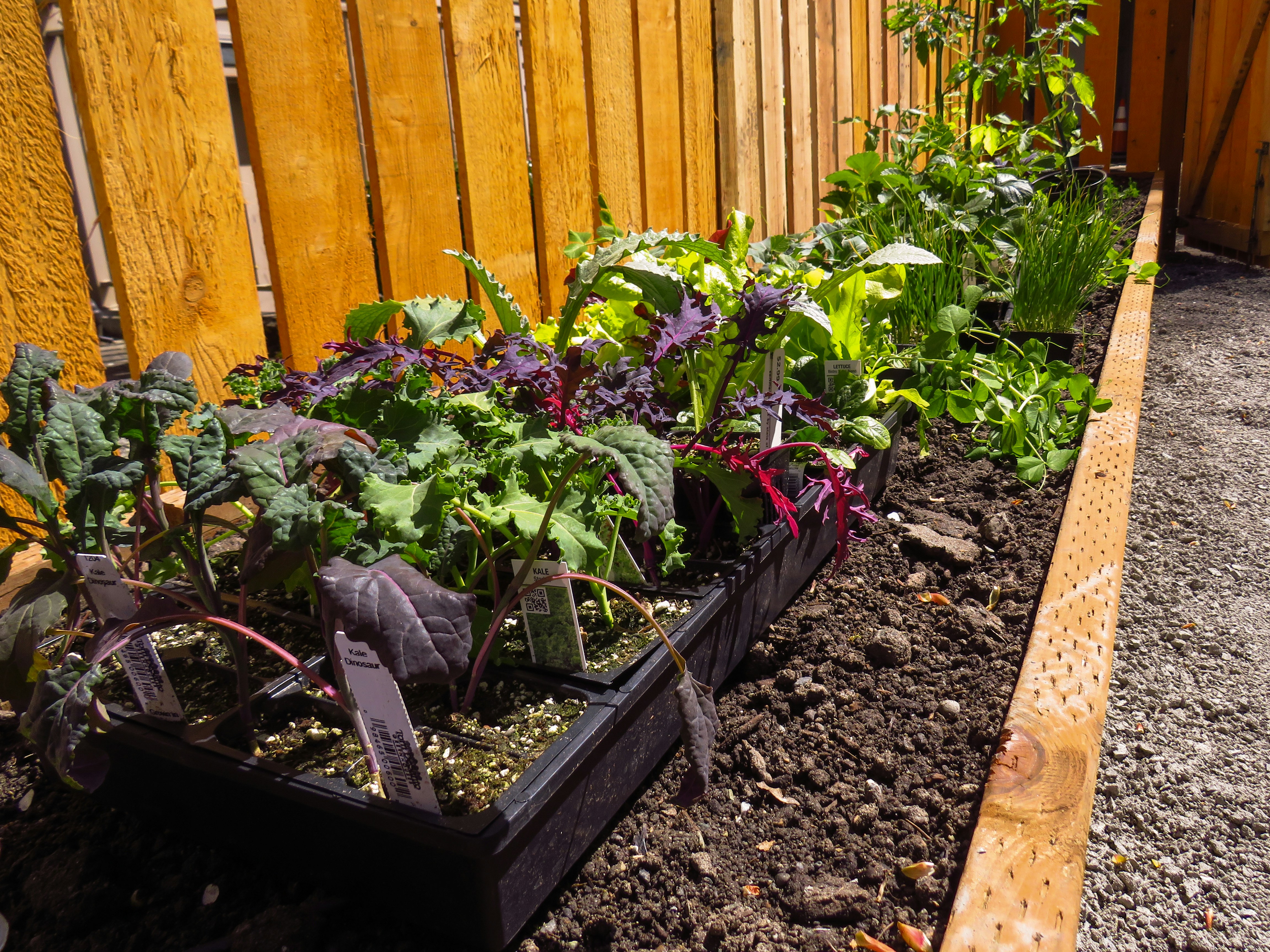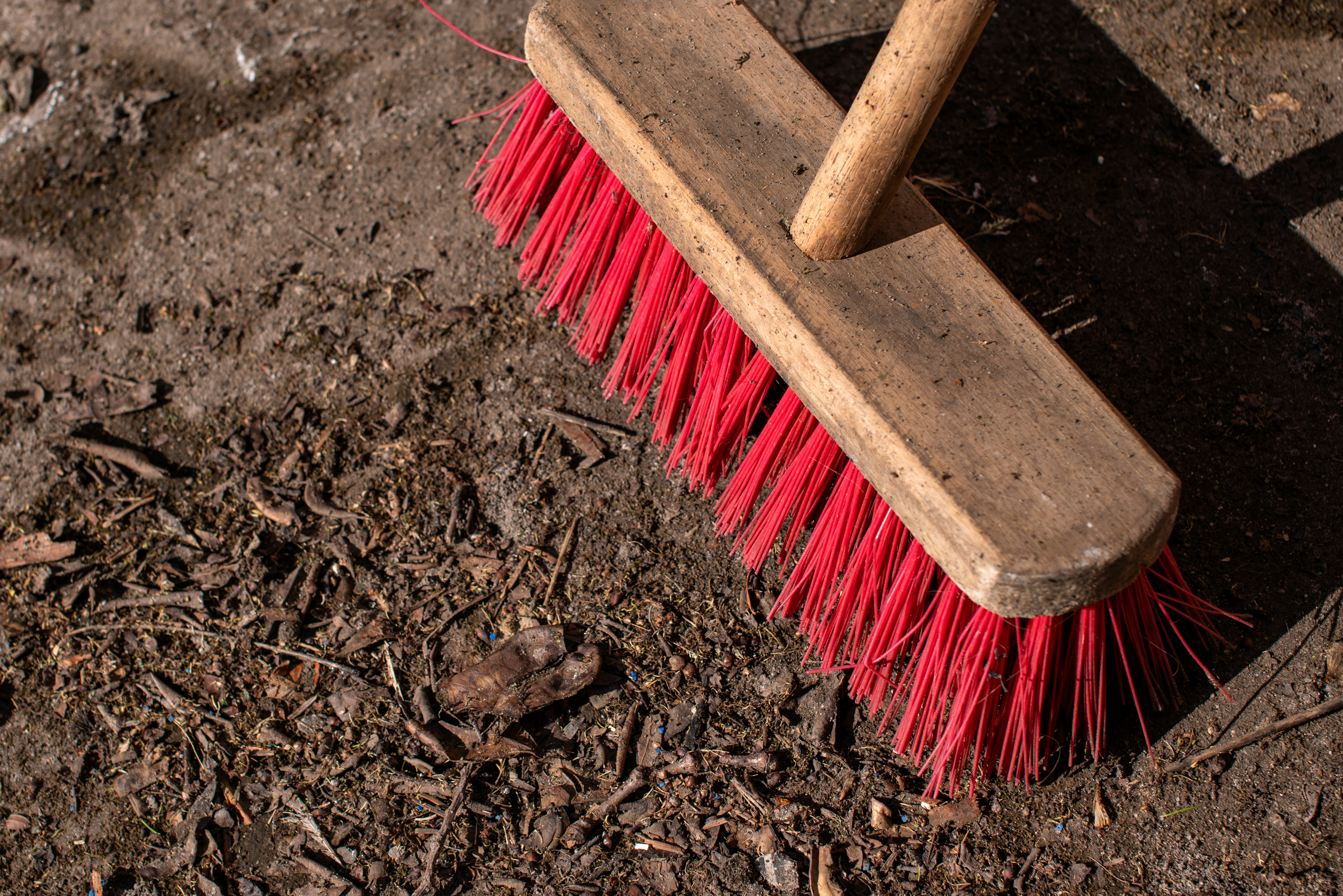DIFFERENCES BETWEEN CEMENT, CONCRETE, AND MORTAR
We know what they are, but do we know when to use which? We share our technical knowledge about concrete, cement, and mortar to highlight the differences between the three and help you avoid any confusion or incorrect purchasing.
CEMENT
An integral part of the urban infrastructure, cement binds in both concrete and mortar and it is used to secure structures by binding building blocks.
How cement is made
Made up of limestone, clay or sand, bauxite, and iron ore, cement sets and adheres to building units such as stones, bricks, or tiles. The raw ingredients are finely crushed and heated to form a rock-hard substance which is then ground again and ready to be activated with water.
Types of cement
Different types of cement lead to different uses in construction works. For instance, high alumina cement is suitable to make concrete for the structures in high-temperature regions, hydrophobic cement has more resistance against frost actions, and acid-resistant cement is used in chemical-proof structures.
Sulphate resisting cement, such as Lafarge General Purpose Cement, is used when the structure is prone to sulphate attacks. White Cement, such as Hanson’s White Portland Cement, is used in architectural designs or to fill gaps in wall tiles.
Cement is often interchanged as a term with concrete, but they are not the same. Cement is an essential component in concrete which is why is important to select the right one for your projects.
CONCRETE
Concrete is made up of cement, sand, and gravel, or other aggregates. When water is added the cement is activated and the mix binds together creating a solid. Since it starts out as a dry mixture which then becomes malleable, concrete can be used in numerous ways, such as slabs or stone, on patios or driveways, or even for walls foundation.
The strength level of concrete depends on the proportions of sand and gravel added. Different jobs require different strengths and textures. Since it becomes an extremely hard material once set, concrete can be used, for instance, as a reinforcement to mesh on walls and buildings.
How to mix concrete
There are various ways of mixing the ingredients, depending on the strength you want to achieve. A general guide for a standard concrete mix would be 1 part cement, 2 parts sand, and 4 parts aggregates.
Essentially, concrete is a material commonly used in building and trade, but then again, there would be no concrete without cement, its key binding and hardening agent.
Concrete is available readymade or it can be mixed by preference to be suitable for specific jobs.
MORTAR
As mentioned above, mortar is also made up of cement. While concrete is made of cement, water, sand, and gravel mixed in different proportions, mortar consists of cement, water, and lime aggregate. However, mortar is not as durable as concrete and is more of an addition to a project, rather than the main building material.
Mortar is most commonly used between bricks, stones, or blocks and is generally applied as a glue ingredient. It can also be used for molding and ornamental purposes.
How to mix mortar
There are different types of mortar with different purposes. For example, some may be more suitable to masonry than others and less prone to cracking. Most of the time, mortar is found pre-mixed and sold in bags, such as the Hanson General Purpose Mortar Mix or K Mix General Purpose Mortar.
One can also make their own mortar mix. While recommendations vary, a standard ratio is 3 or 4 parts building sand to 1 part cement keeping the mixture not too wet and not too dry.
NEED HELP?
Cement, concrete, and mortar have different components, and each serves a different function. Choosing the right material for a project will prolong longevity and durability.
Check the range of cement, concrete, and mortar products, as well as their complementaries at Lords Builders Merchants at trade prices.
If you’re unsure about the products you need for your projects find the Lords branch closest to you and consult one of our experts.


